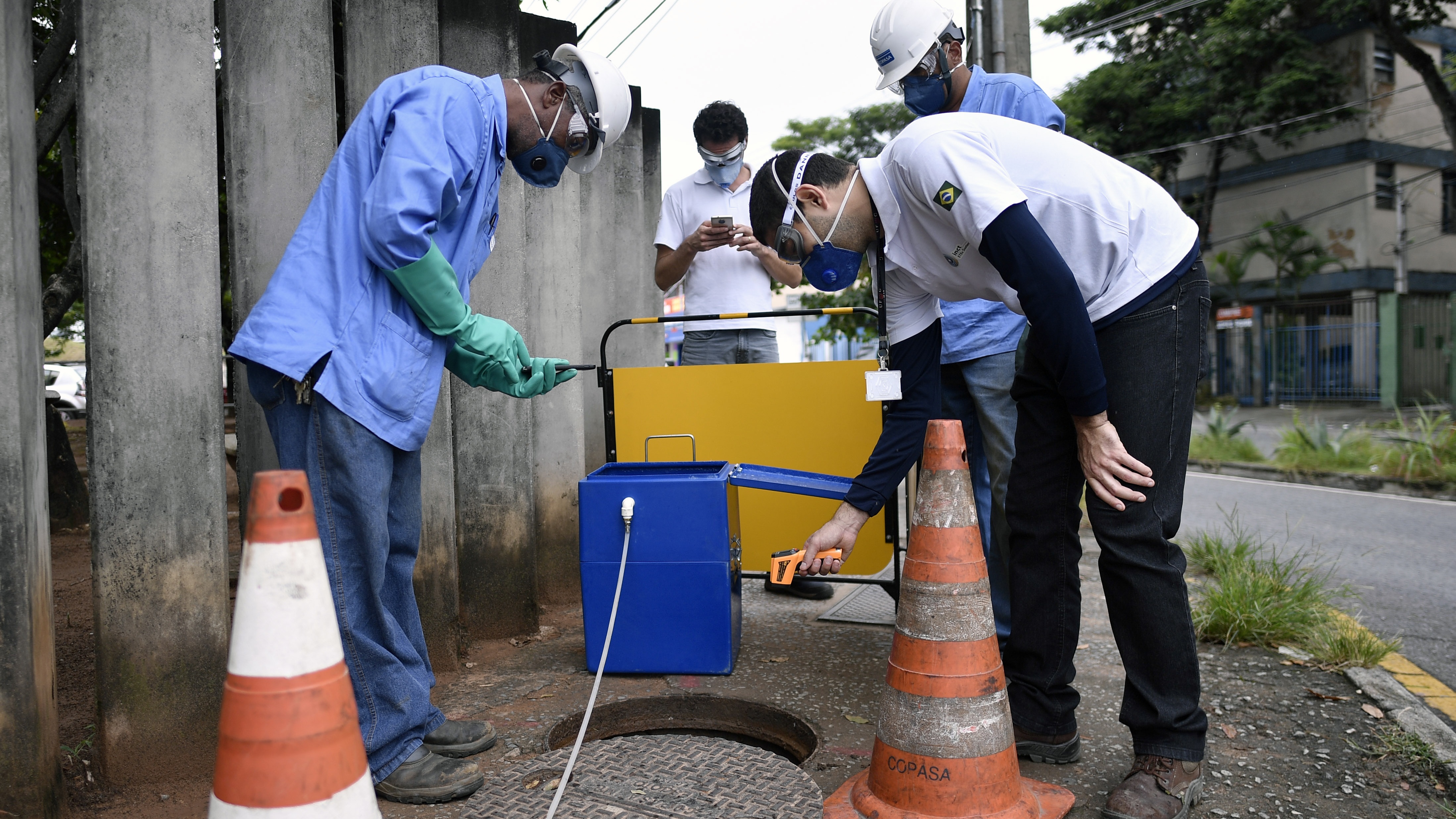Coronavirus: could testing sewage be an early warning system?
UK government set to screen waste water as part of its national epidemic monitoring programme

A free daily email with the biggest news stories of the day – and the best features from TheWeek.com
You are now subscribed
Your newsletter sign-up was successful
The UK’s sewage may be screened for the presence of the Covid-19 coronavirus under new government plans aimed at prevented future outbreaks.
Experts hope the testing could form part of epidemic surveillance measures to identify infection hotspots, after previous studies found that the virus can be detected in waste water.
A government spokesperson told Politico: “We are actively engaging with the research community and government scientific advisers to investigate whether monitoring waste water could be used as a way of tracking the prevalence of the virus.”
The Week
Escape your echo chamber. Get the facts behind the news, plus analysis from multiple perspectives.

Sign up for The Week's Free Newsletters
From our morning news briefing to a weekly Good News Newsletter, get the best of The Week delivered directly to your inbox.
From our morning news briefing to a weekly Good News Newsletter, get the best of The Week delivered directly to your inbox.
How does it work?
Scientists can estimate local concentrations of the virus by testing for genetic residues found in waste water.
A recent study by researchers from Sorbonne University and Paris water authority Eau de Paris found that monitoring of waste water “may provide an alternative and possibly early tool to detect pathogens in populations when investigations in humans is difficult for logistic, ethical or economic reasons”.
How effective is this method?
A free daily email with the biggest news stories of the day – and the best features from TheWeek.com
More than a dozen research groups worldwide are now analysing waste water for the new coronavirus, says Nature magazine.
Experts say that this screening method could provide better estimates for the scale and spread of the coronavirus than standard testing, with typical treatment plants each capturing waste water from more than a million people.
Studies have also shown that the new coronavirus, Sars-CoV-2, can appear in faeces within three days of infection -whereas symptoms serious enough to send people to hospital can take two weeks to develop, says Tamar Kohn, an environmental virologist at the Swiss Federal Institute of Technology.
“Seven to ten days can make a lot of difference in the severity of this outbreak,” Kohn told Nature.
Could sewage spread coronavirus?
“The World Health Organization is clear there is currently no evidence that coronavirus has been transmitted via sewerage systems,” a UK government spokesperson said.
However, the US Centers for Disease Control and Prevention (CDC) says that the possibility of such transmission cannot be ruled out.
“Researchers do not know whether this virus can cause disease if a person is exposed to untreated waste water or sewerage systems,” says the CDC website.